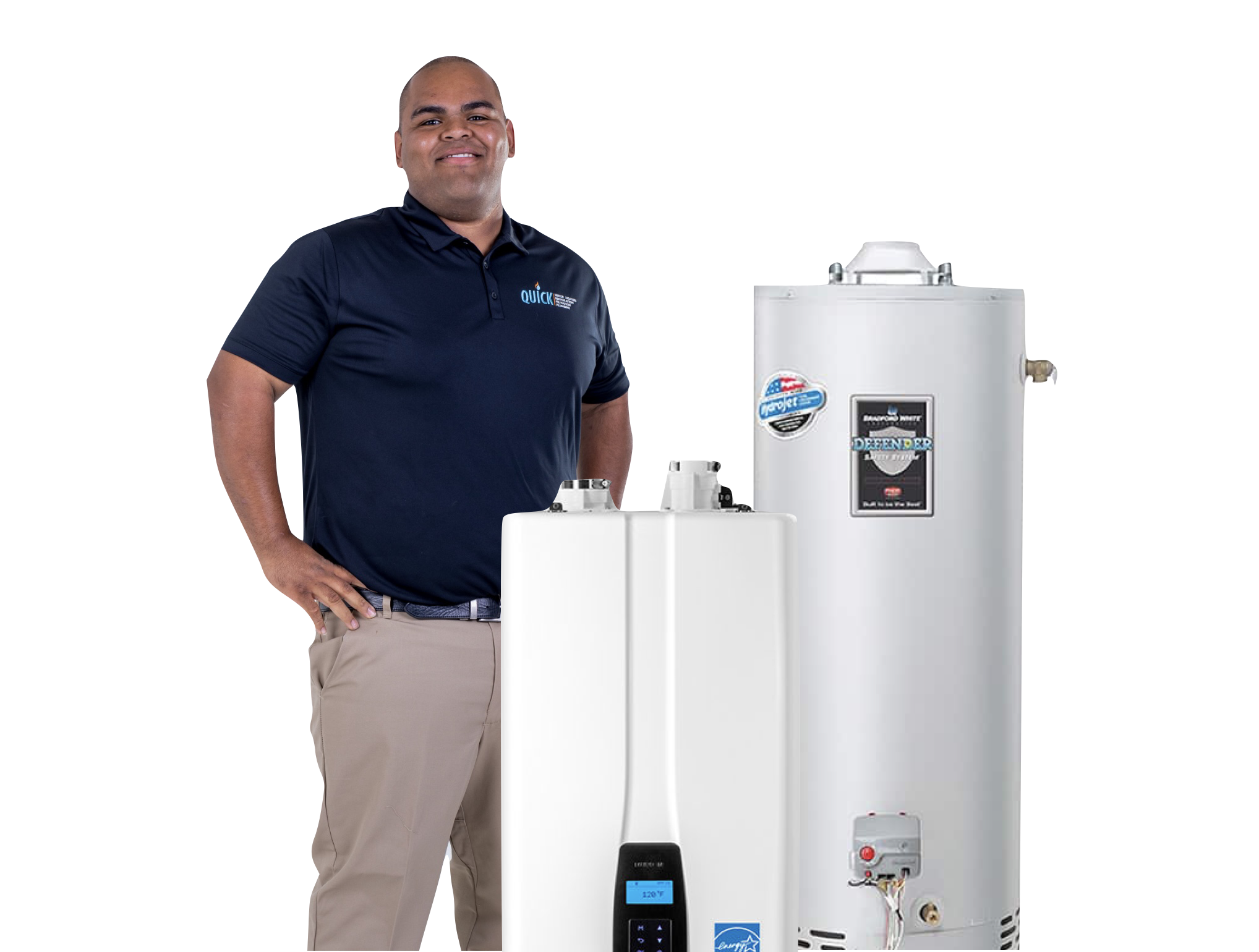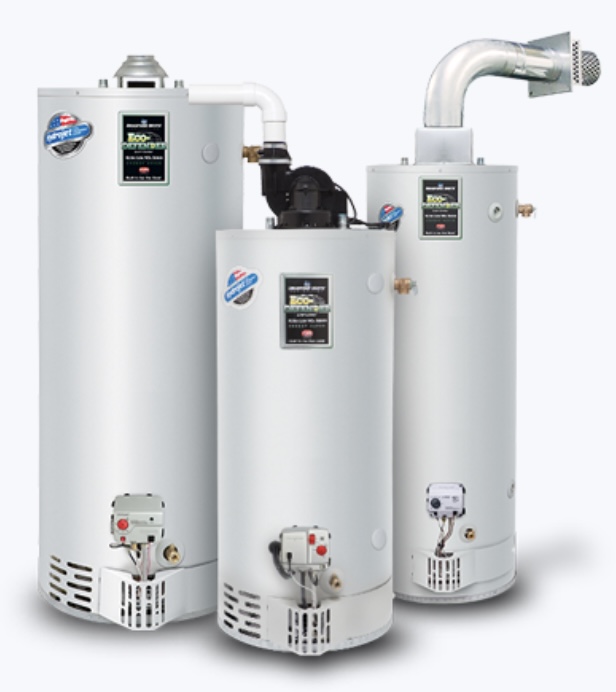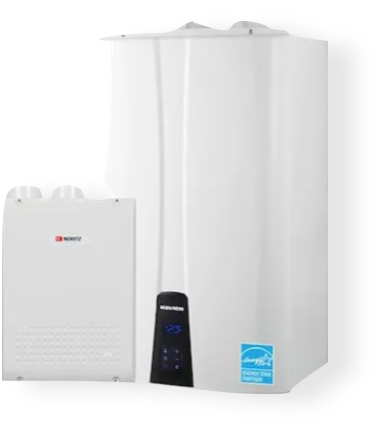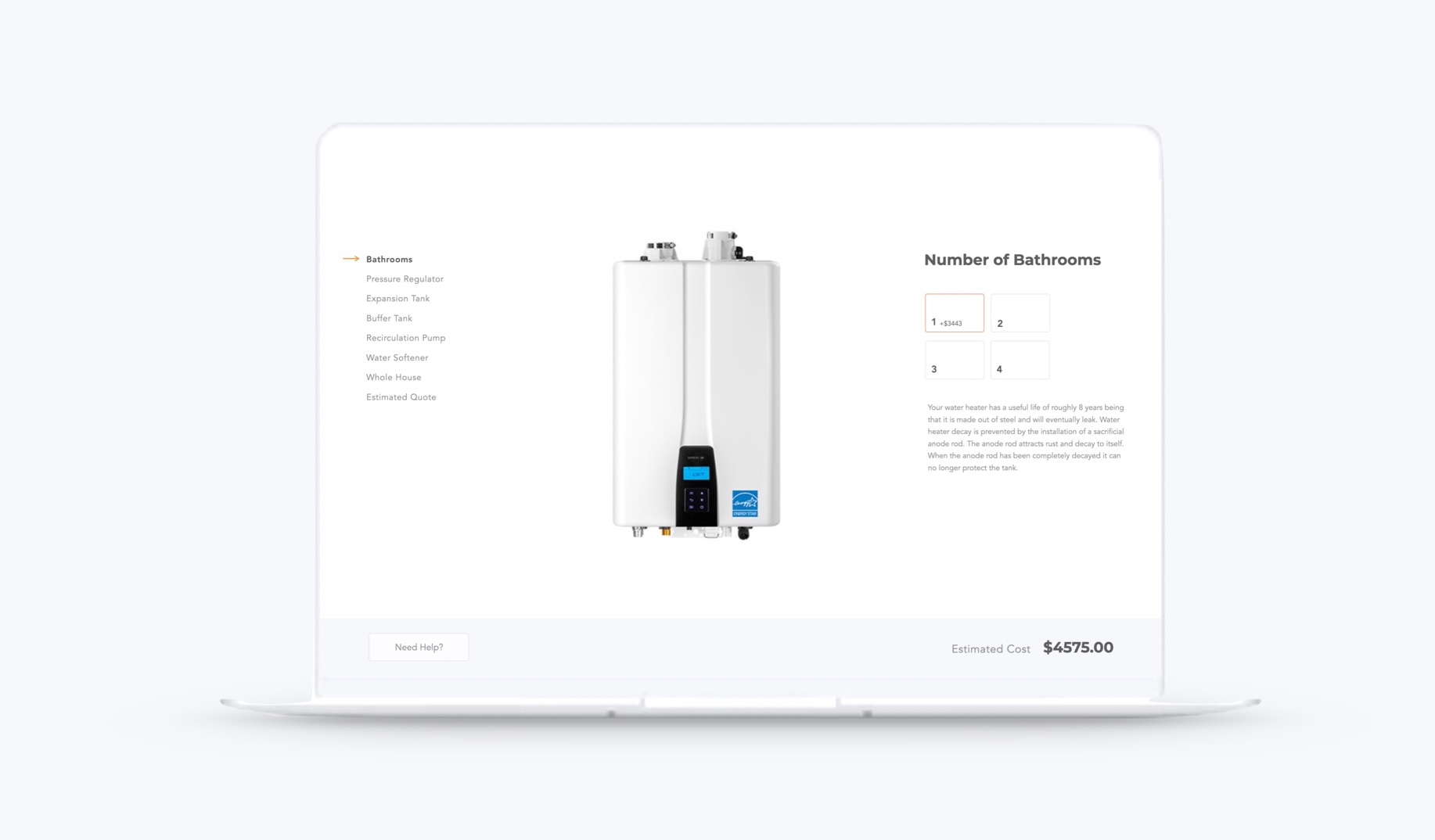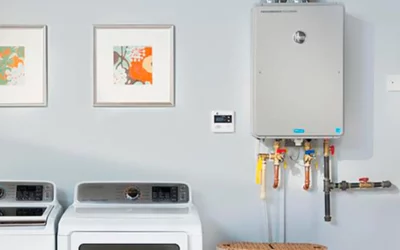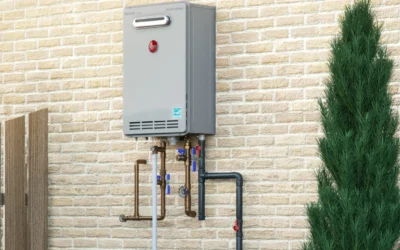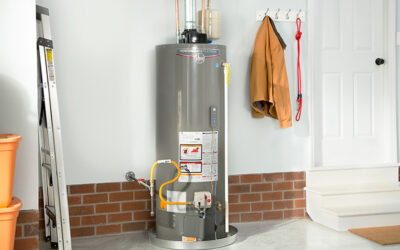When it comes to gas hot water heaters, it is common for them to require repairs at some point. The question of whether you can repair a gas hot water heater is a common one. In this comprehensive guide, we will provide you with the necessary information and step-by-step instructions to help you understand and successfully repair your gas hot water heater. From DIY repairs to essential tips and safety precautions, we’ve got you covered. We will also address common issues and their solutions, such as pilot light problems, leaks, temperature issues, and sediment build-up. Additionally, we will answer frequently asked questions about gas water heater repair, including maintenance frequency, DIY repairability, signs of repair needs, safety precautions, and whether replacement should be considered. So, let’s dive in and equip you with the knowledge to effectively repair your gas hot water heater.
Gas Hot Water Heater Repair: A Comprehensive Guide
This comprehensive guide provides step-by-step instructions for repairing a gas hot water heater.
Understanding Gas Water Heater DIY Repair
Understanding Gas Water Heater DIY Repair
When it comes to understanding gas water heater DIY repair, homeowners can save time and money by learning how to fix common issues themselves. This heading suggests that the following paragraph will provide valuable information on troubleshooting and repairing gas water heaters without the need for professional assistance. By utilizing step-by-step guides and essential tips, individuals can gain the knowledge and confidence to tackle repairs on their own. It is important to note that safety precautions should always be taken when working with gas appliances to avoid accidents or further damage.
How to Repair a Gas Hot Water Heater: Step-by-Step Guide
Repairing a gas hot water heater can be a daunting task, but with a step-by-step guide, it becomes much more manageable. Here is a simple guide to help you through the process:
1. Turn off the gas supply: Before starting any repairs, it’s crucial to turn off the gas supply to the water heater. Locate the gas control valve on the unit and turn it to the “off” position.
2. Drain the tank: Next, you’ll need to drain the tank to relieve the pressure and make it easier to work on. Connect a garden hose to the drain valve at the bottom of the tank and run it to a suitable drainage area. Open the valve and let the water drain completely.
3. Remove the burner assembly: Once the tank is drained, you can remove the burner assembly. This usually involves disconnecting the gas line and unscrewing or unbolting the assembly from the tank.
4. Inspect and clean the burner: Take a close look at the burner for any signs of damage, such as rust or corrosion. Clean any dirt or debris using a brush or cloth.
5. Replace faulty parts: If you identified any damaged components during the inspection, it’s important to replace them. This may include the thermocouple, gas valve, or pilot assembly. Follow the manufacturer’s instructions for proper installation.
6. Reassemble and test: Once all the necessary repairs are made, reassemble the burner assembly and secure it back onto the tank. Turn on the gas supply and check for any leaks using a soapy water solution. If everything looks good, relight the pilot light and test the hot water.
Remember, if you’re unsure about any step or encounter a more complex issue, it’s always best to consult a professional plumber or technician.
Essential Tips for Gas Water Heater Repair
When it comes to gas water heater repair, there are some essential tips to keep in mind. These tips can help ensure a smooth and successful repair process.
- First and foremost, always turn off the gas supply to the water heater before attempting any repairs. This is crucial for safety reasons.
- Before starting the repair, gather all the necessary tools and materials. This may include a wrench, pliers, a multimeter, replacement parts, and safety equipment such as gloves and goggles.
- Refer to the manufacturer’s manual or documentation for specific instructions on how to repair your particular model of gas water heater. Following the correct procedures is important to avoid any further damage or accidents.
- Take the time to thoroughly inspect the water heater for any signs of damage, leaks, or malfunctioning components. Identifying the root cause of the issue will help you determine the appropriate repair steps.
- When replacing any parts, ensure that you use high-quality, compatible replacements. Using subpar or incorrect parts can lead to further problems down the line.
- Throughout the repair process, pay attention to safety precautions such as wearing protective gear, working in a well-ventilated area, and being cautious of any electrical connections.
- Once the repair is complete, carefully test the water heater to ensure it is functioning properly. Check for any leaks, abnormal noises, or other indications that the repair was successful.
By following these essential tips, you can increase the chances of successfully repairing your gas water heater and enjoying hot water once again.
Repairing Water Heater Natural Gas: Safety Precautions
Repairing a gas water heater requires taking certain safety precautions to ensure the process is carried out without any accidents or mishaps. Here are some essential safety measures to keep in mind when dealing with natural gas water heater repair:
1. Turn off the gas supply: Before attempting any repairs, it is crucial to shut off the gas supply to the water heater. Locate the gas valve on the unit and turn it to the “off” position. This will prevent any gas leaks or potential fire hazards during the repair process.
2. Ventilate the area: Gas water heaters produce combustion gases that need to be properly vented to the outside. Ensure that the area where the repair is being carried out is well-ventilated to prevent the build-up of harmful gases. Open windows and doors or use fans to improve air circulation.
3. Wear protective gear: When working on a gas water heater, it is essential to protect yourself by wearing appropriate safety gear. This may include gloves, safety goggles, and a face mask to prevent any contact with harmful chemicals or dust particles.
4. Use proper tools: Make sure you have the necessary tools for the repair job. This may include wrenches, screwdrivers, and a multimeter to test electrical connections. Using the correct tools will not only make the repair process easier but also reduce the risk of accidents or damage to the water heater.
5. Follow manufacturer’s instructions: Always refer to the manufacturer’s instructions or repair manual for specific safety guidelines. Different models of gas water heaters may have unique safety precautions or steps that need to be followed. Adhering to these instructions will help ensure a safe and successful repair.
Remember, if you are unsure or uncomfortable with repairing a gas water heater on your own, it is always best to seek professional assistance. Safety should be the top priority when working with gas appliances.
Common Issues and Solutions for Gas Water Heater Repair
Common issues and solutions for gas water heater repair are discussed in detail to help homeowners troubleshoot and fix their hot water heaters.
Repairing a Gas Water Heater: Pilot Light Issues
Repairing a Gas Water Heater: Pilot Light Issues
When it comes to repairing a gas water heater, one common issue that homeowners may encounter is problems with the pilot light. The pilot light is a small flame that ignites the gas burner inside the heater, allowing it to heat the water. If the pilot light goes out or fails to stay lit, it can result in a lack of hot water. To address pilot light issues, there are a few steps you can take. First, check if the gas supply valve is open. If it is closed, simply turn it on. Next, inspect the thermocouple, which is a safety device that senses the pilot light’s heat. If the thermocouple is dirty or faulty, it may need to be cleaned or replaced. Additionally, make sure that the pilot light assembly is free from any debris or blockage. If necessary, clean the assembly using a soft brush or compressed air. Lastly, if all else fails, you may need to relight the pilot light. Follow the manufacturer’s instructions carefully to ensure safe and proper relighting. By addressing pilot light issues promptly and correctly, you can restore the functionality of your gas water heater.
Gas Water Heater Tank Repair: Fixing Leaks
Gas water heater tank repair involves fixing leaks that may occur in the tank. Leaks can lead to water damage and inefficiency in the functioning of the water heater. To fix leaks in the tank, follow these steps:
- Shut off the gas supply and turn off the water supply to the heater.
- Drain the water heater by attaching a hose to the drain valve and emptying the tank.
- Inspect the tank for any visible leaks. Use a flashlight if needed.
- If the leak is coming from a small hole or crack, you can use a patch kit specifically designed for water heater tanks. Clean the area around the leak, apply the patch, and allow it to dry as per the instructions on the kit.
- If the leak is significant or the tank is severely damaged, it may be necessary to replace the tank altogether. Consult a professional plumber for assistance in this case.
- After the repair or replacement, refill the tank with water, open the hot water faucet in a nearby sink to release any air bubbles, and then turn on the gas supply.
- Check for leaks again and monitor the water heater’s performance to ensure proper functioning.
Remember, it is always recommended to consult a professional if you are unsure or uncomfortable with performing the repair yourself.
Hot Gas Water Heater Repair: Troubleshooting Temperature Problems
If you are experiencing temperature problems with your hot gas water heater, troubleshooting the issue can help you identify and resolve the problem. Here are some steps you can take to address temperature problems with your gas water heater:
- Check the thermostat settings on your water heater. Make sure the temperature is set to the desired level.
- Inspect the burner and pilot light. If they are not functioning properly, it can affect the temperature of the water. Clean or replace any faulty components.
- Examine the dip tube, which is responsible for distributing cold water into the tank. If it is broken or worn out, it can result in inadequate heating. Consider replacing the dip tube if necessary.
- Inspect the gas supply line and ensure there are no leaks or blockages. A compromised gas supply can affect the heater’s performance.
- Flush the tank to remove any sediment or mineral buildup that could be affecting the heating efficiency. Follow the manufacturer’s instructions for proper flushing.
By following these troubleshooting steps, you can address temperature problems with your hot gas water heater and restore its optimal performance.
Repair of Gas Water Heater: Dealing with Sediment Build-Up
Dealing with sediment build-up is an important aspect of repairing a gas water heater. Over time, sediment can accumulate at the bottom of the tank, reducing its efficiency and potentially causing damage. To address this issue, follow these steps:
- Turn off the gas supply and shut off the water inlet valve.
- Attach a hose to the drain valve at the bottom of the tank and place the other end in a suitable drainage area.
- Open the drain valve and allow the water to drain completely from the tank.
- If necessary, use a scrub brush to remove any stubborn sediment from the bottom of the tank.
- Close the drain valve and remove the hose.
- Turn on the water supply and let the tank fill up.
- Open a hot water faucet in your home to allow any trapped air to escape.
- Once the tank is full, relight the pilot light (if applicable) and turn on the gas supply.
Regularly addressing sediment build-up can help maintain the efficiency and lifespan of your gas water heater.
FAQs about Gas Water Heater Repair
Get answers to frequently asked questions about gas water heater repair, including maintenance frequency, DIY repair options, signs of repair needs, safety precautions, and considerations for replacement.
1. How often should I perform maintenance on my gas water heater?
Maintenance on your gas water heater should be performed regularly to ensure its optimal functioning and prevent any potential issues.
2. Can I repair my gas water heater on my own?
Yes, you can repair your gas water heater on your own by following a step-by-step guide and taking necessary safety precautions.
3. What are the signs that indicate my gas water heater needs repair?
Signs that indicate your gas water heater needs repair include a lack of hot water, strange noises coming from the unit, a foul odor, leaks, and fluctuations in water temperature.
4. Are there any safety precautions I should take when repairing a gas water heater?
When repairing a gas water heater, it is essential to prioritize safety and take necessary precautions to prevent accidents or injuries.
5. Should I consider replacing my gas water heater instead of repairing it?
Considering replacing a gas water heater instead of repairing it depends on various factors such as the age of the heater, the extent of the damage, and the cost-effectiveness of repair versus replacement.


